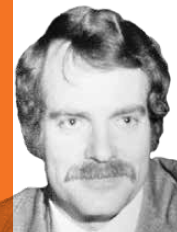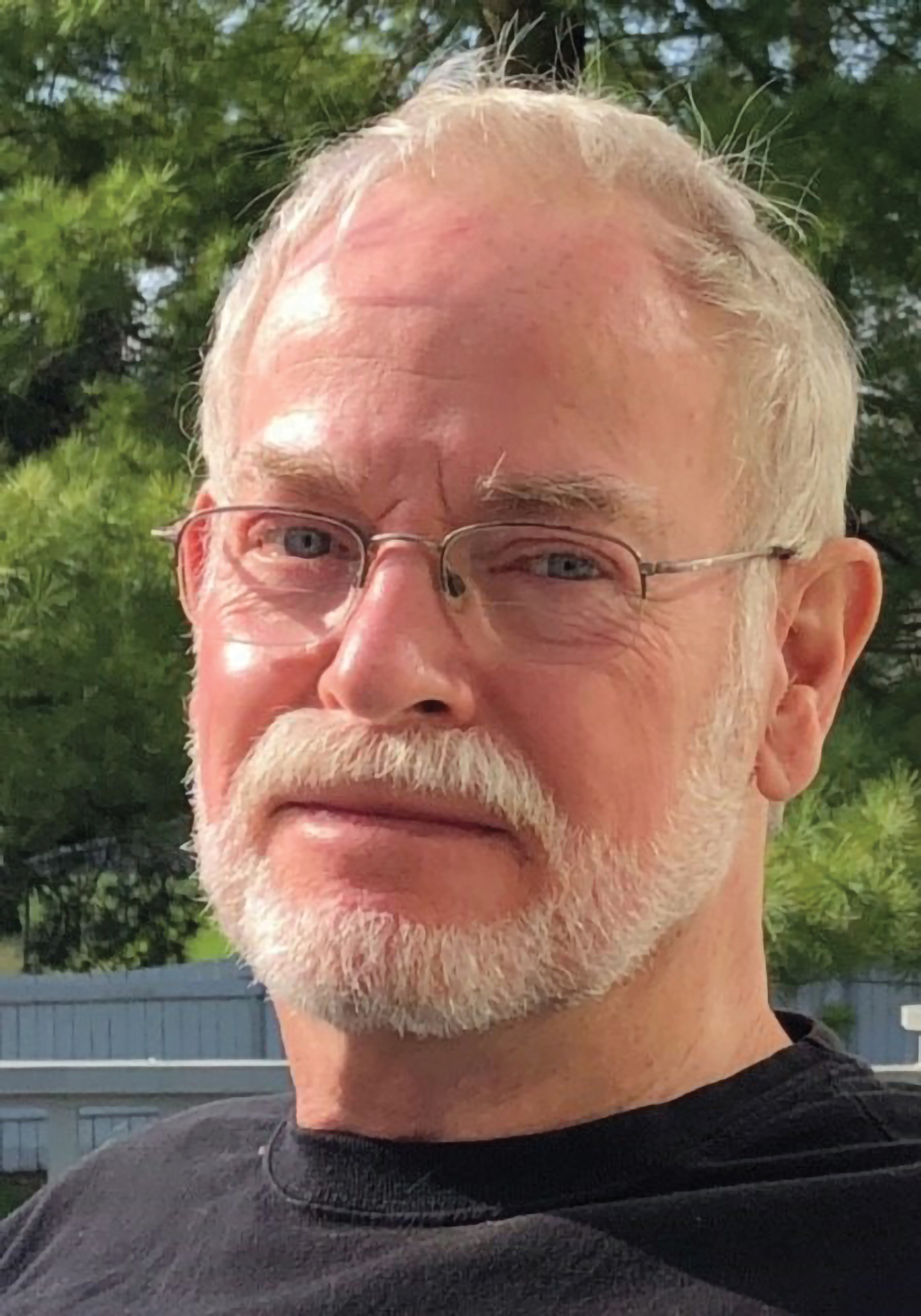
This alumnus says he learned from the best. But, as he describes it, his greatest insights did not originate in laboratories or classrooms. His most notable Caltech moments occurred while socializing over beer in the basement of the Athenaeum, lunching at Burger Continental on Lake Avenue, and attending barbecues in faculty members’ backyards.
Although Caltech gave this alumnus extraordinary research opportunities and access to leading-edge instruments, he attributes the true value of his education to the mentors and colleagues who inspired him and taught him how to be an effective communicator and leader. “At Caltech, I learned that one of the most productive things a scientist can do is simply talk, without agenda, to other scientists,” he explains. “I came to understand what physics is—and how to think like a physicist—not in lectures, but in conversations.”
After earning his PhD, the physicist went on to become an assistant professor of radiology at the University of Washington. He worked there until he was recruited by Eastman Kodak Company, where he gained his own research lab. Among other successes, he and his interdisciplinary team designed a mammography imager that was honored with a prestigious R&D 100 Award in 2004.
Well before his retirement, William Edwin (Bill) Moore (MS ’71, PhD ’76) and Joan Moore, his wife of 41 years, began to think about their estate plan and agreed that they would leave Caltech whatever amount remained after they provided for their loved ones. Over the years, as Moore’s career thrived, their nest egg—and their bequest to Caltech—grew.
 William Edwin (Bill) Moore (MS ’71, PhD ’76)
William Edwin (Bill) Moore (MS ’71, PhD ’76)
Through his estate plan, Bill Moore created the Dr. William Edwin and Joan Jordan Moore Endowment. It was a decision he knew his wife, who passed away in 2015, had embraced. The fund will advance experimental physics at Caltech and likely will grow to include support for a professorship, a postdoctoral research associate, and a graduate student. “The way I see it,” he says, “I wouldn’t have had that money in the first place were it not for Caltech.”
Moore is gratified to know that his gift to Caltech will support researchers at all levels for years to come. “My success and my love of Caltech,” he says, “all come down to people.”


